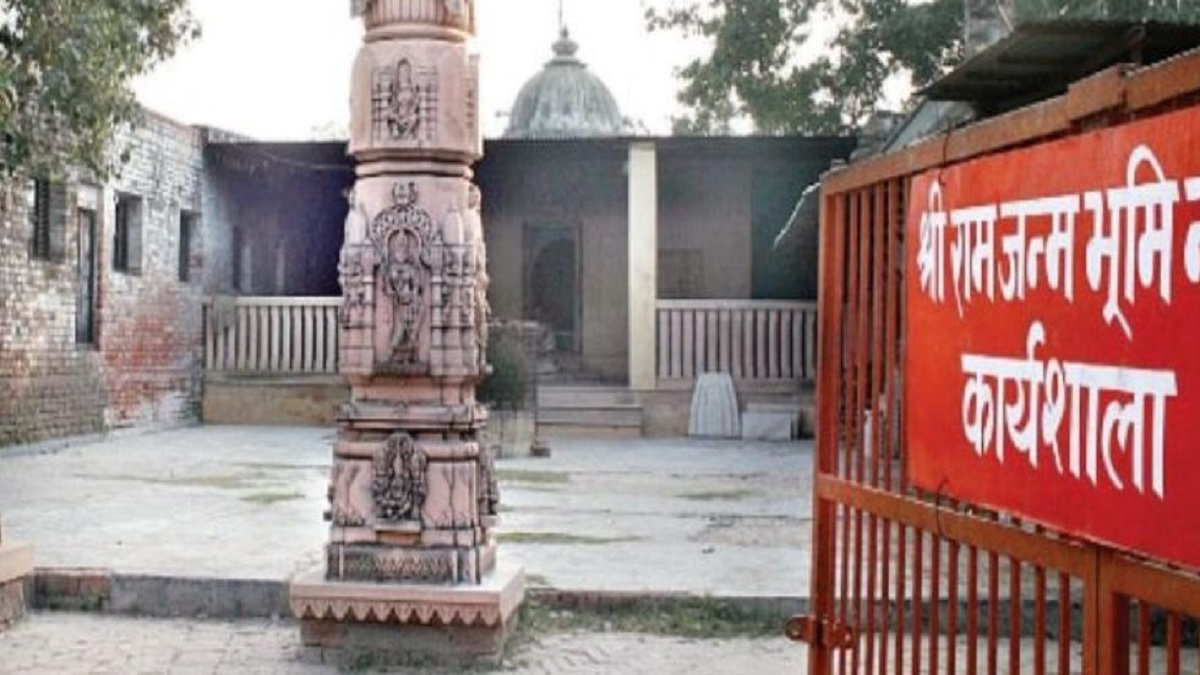Ayodhya District in anticipation of a verdict. The Court has directed all parties to finish their arguments on Wednesday (October 16). All eyes will be on Supreme Court to see whether it delivers a verdict on a contentious issue that has come to influence Indian politics and even society.
Both sides, Hindu and Muslim, have argued passionately to prove or deny presence of Ram temple at the disputed site in Ayodhya.
Here are the few arguments put forward by the Hindu side. Considering the dispute has been going on for decades, the list below highlights only a few arguments and assertions.
- Entire claim of title and possession of Muslim sides is tainted at the source
- The report by Archaeological Survey of India (ASI) concludes the presence of a Hindu temple below the mosque. This has been corroborated by travelogues and Gazetteers of Western visitors. All these weigh high as evidence.
- We cannot change the birthplace of Ram. There are enough mosques in Ayodhya for Muslims. Hence, their religious rights will not be affected.
- Muslim side argues that once a mosque, always a mosque. But Muslim can offer prayer even in open space
- The burden of proof is on the Muslim parties to prove that the mosque was not built on a spot which was the birthplace of Lord Ram
Fourteen appeals had been filed in the apex court against the 2010 Allahabad High Court judgment, delivered in four civil suits, that the 2.77-acre land in Ayodhya be partitioned equally among the three parties -- the Sunni Waqf Board, the Nirmohi Akhara and Ram Lalla
On December 6, 1992, the Babri Masjid, constructed at the disputed site in the 16th century by Shia Muslim Mir Baqi, was demolished.
What is Ayodhya dispute?
Babri Masjid was built in 1528 by Mir Baqi, a Mughal general of Mughal King Babur. Hindus believe that Baqi destroyed a pre-existing Ram temple to build the mosque.
Both communities have worshipped in the 'mosque-temple'. Muslims prayed inside the previously standing structure of Babri Masjid while Hindus prayed outside.
After the demolition of Babri Masjid, the dispute renewed sharply and has been embroiled in judicial battle.
In 2010, Allahabad High Court ruled that the disputed 2.77 acre land at Ayodhya will be divided into three parts. The ruling subsequently got a stay from the Supreme Court.
Also Read | Ayodhya Title Dispute: Meet 5-judge bench hearing final submissions todayAlso Read | Hindu parties cite 1886 judge's observation of Ayodhya site

